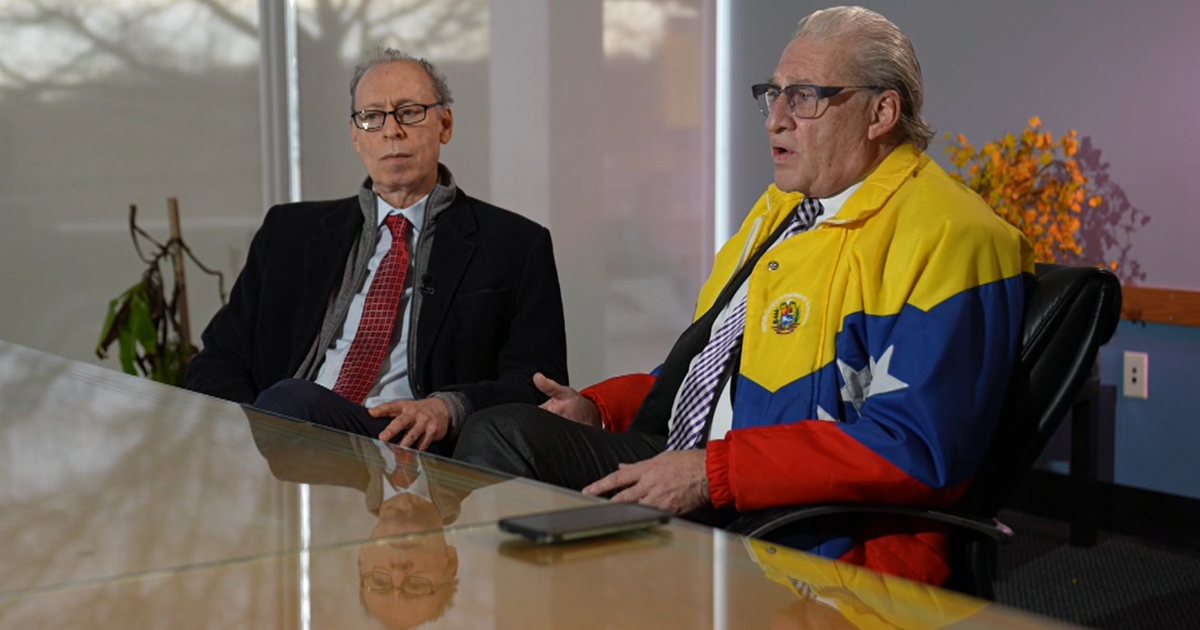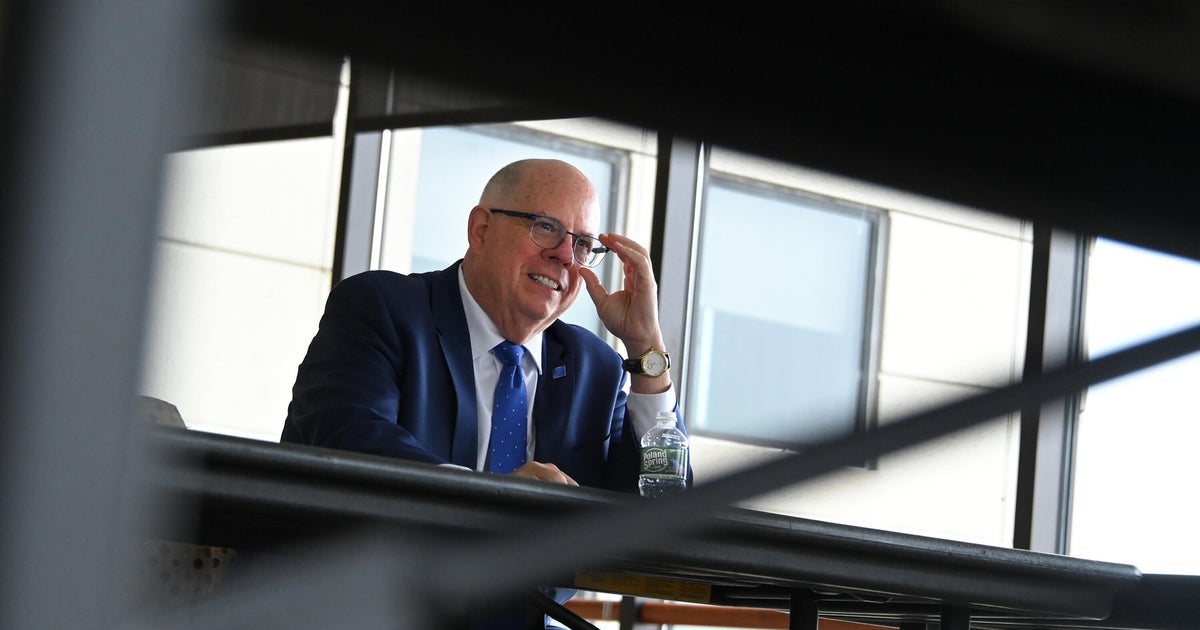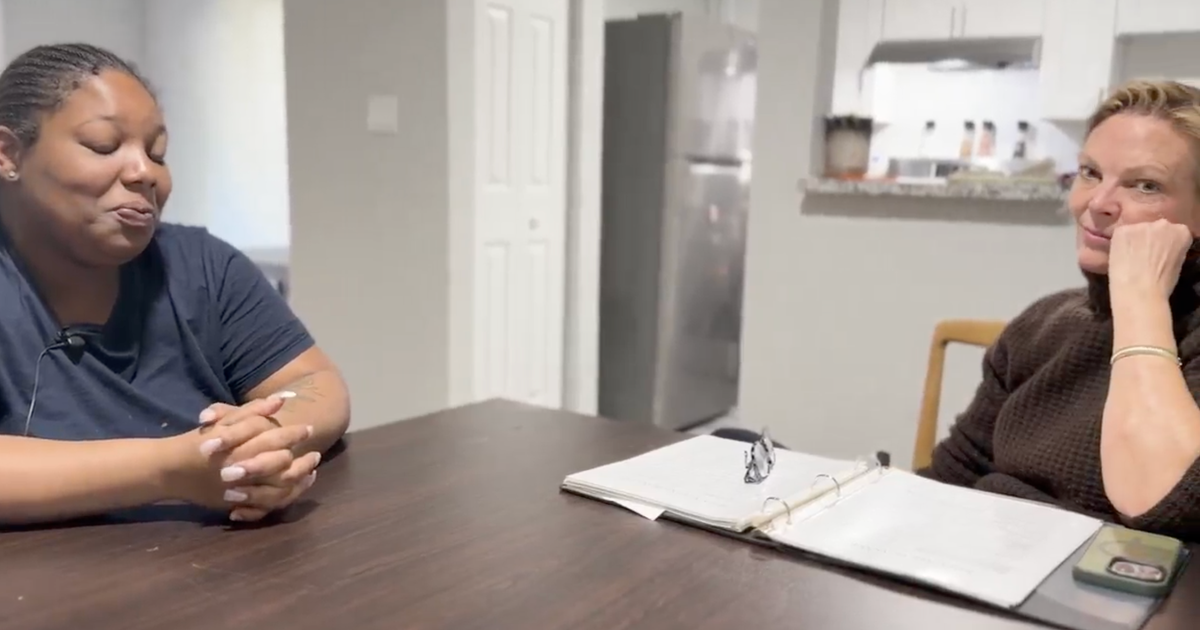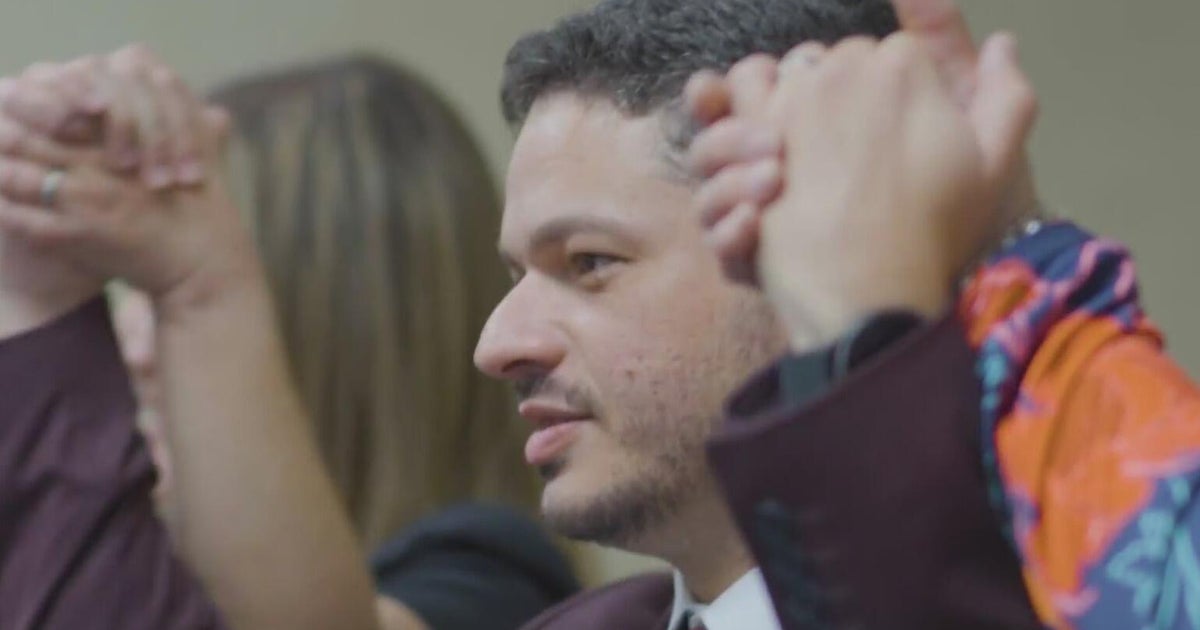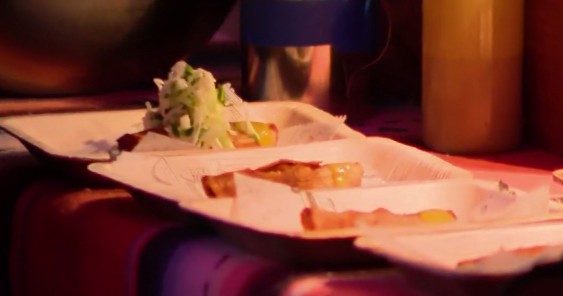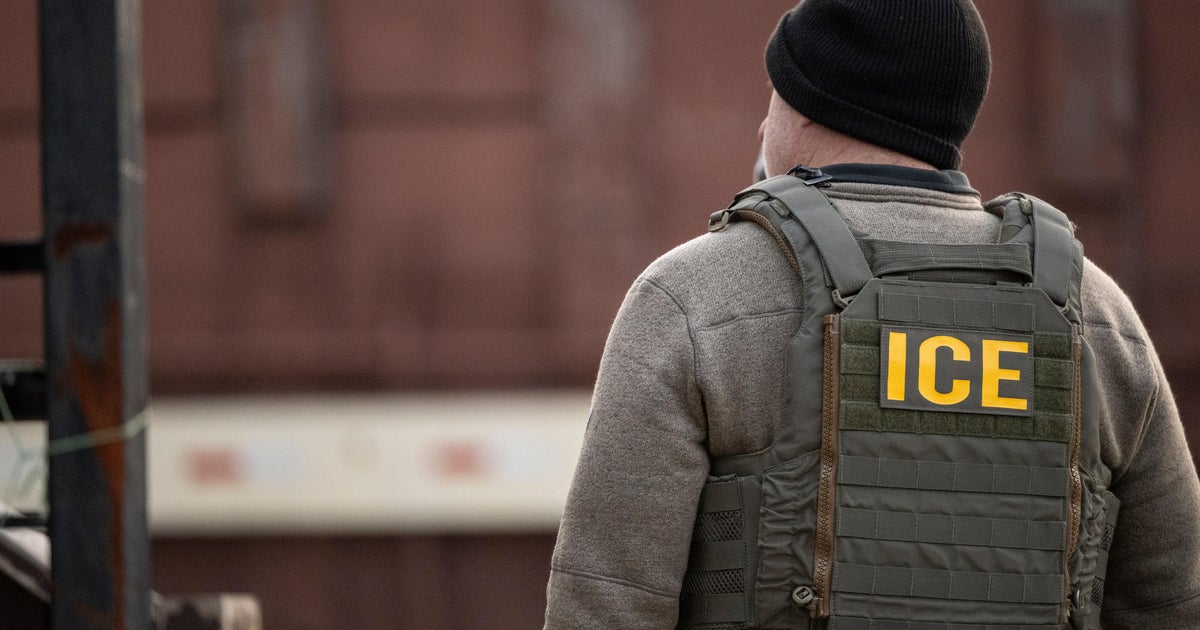U.S. House committee investigating University of Maryland COVID-19 policy
BALTIMORE -- A U.S. House committee is now investigating a COVID-19 policy at University of Maryland, College Park.
Starting in September, if a student tests positive, they have to quarantine off campus. For students who live on campus, this means having to either go back to their family's home, or book lodging off campus like a hotel.
Its cost falls squarely on the student's shoulders.
Even though it's been a little more than a month since its implementation, some UMD students still aren't aware of the policy.
WJZ explained the policy to several students on campus Monday, and every single one we spoke to expressed concern over the cost.
"I feel like it's not really taking into consideration the amount of money it would take in order to isolate yourself in a place that's not here," said junior Christian Waidner.
Some are also concerned about the virus' spread under this policy.
"I understand COVID is still dangerous, that it's still an issue. But, [the policy is] also not taking into consideration that some people have immunocompromised family at home," said junior Sofia Correa.
The concern about this policy is now going off campus. The U.S. House Select Subcommittee on the Coronavirus Pandemic is investigating the policy.
In a letter sent to UMD President Darryll Pines Friday, the committee questions how UMD's $115 million in CARES Act funding has been spent. The committee also questioned how quarantining students are supported.
Jonathan Young, a UMD freshman, thinks the university should help with the costs.
"Maybe have like one to two hotel rooms reserved just for [quarantining students], or at least have a place where they can go," he said.
In a statement to WJZ, a UMD spokesperson confirmed receiving the letter. Also saying in part, "During the public health emergency and today, we stay focused on the health and safety of our community."
The letter was signed by every Republican member of the committee. U.S. Rep. Kweisi Mfume, who's also on the committee, warned his colleagues of potential overreach.
"We should not be trying to micromanage a situation at a school that this Congress has no oversight authority of," Mfume said in a statement.
The letter is only the beginning of the committee's investigation. The next step would be a briefing between the university and the committee, but no word yet on when that could be scheduled.
